How to fix engine running problems
Misfires, flatspots, stalling and a sudden lack of urgency are all things that can ruin the pleasure of driving an older vehicle. But why put up with a rubbish runner when you can turn detective, find the source of the engine running problems and devise a suitable remedy to get your motor running smoothly again. With that in mind, here's some useful pointers to help restore your engine's get up and go again...
Old and poor quality fuel
Two things are needed to make an engine burst into life, fuel and a spark – and an inconsistent supply of either isn't likely to end well. Debris or fragments of rust in the fuel system isn't good – a common problem is the Mk1 Golf fuel filler pipes which can cause the fuel system (and injectors on the GTi) to clog. Older cars may also have rust sitting in the bottom of the metal fuel tank. If fuel is contaminated, you'll get a misfire so you should install an inline fuel filter. Try to locate it in a cool location to avoid the risk of fire. If you own a Mk1 Golf Cabriolet we have even remanufactured the original square-type fuel filter, so you can install a direct replacement, just as Volkswagen intended.
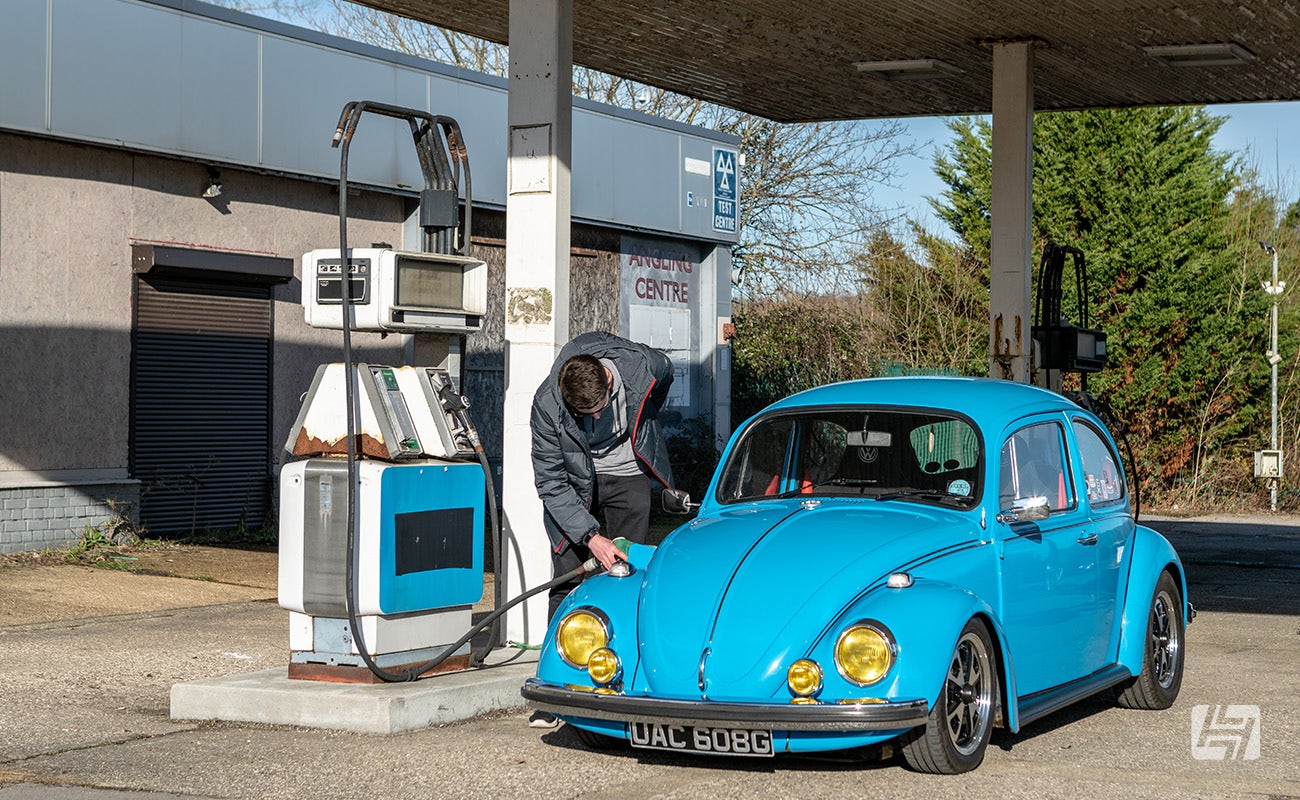

Getting a quality spark
If you're not getting a reliable spark from your plugs, you can say goodbye to a smooth-running motor. Inspect your ignition system, check points for pitting if fitted, and be prepared to systematically replace parts like the ignition leads and coil packs until you get to the bottom of your rough running headaches. Fitting electronic ignition will help with general reliability and make general maintenance a lot easier.
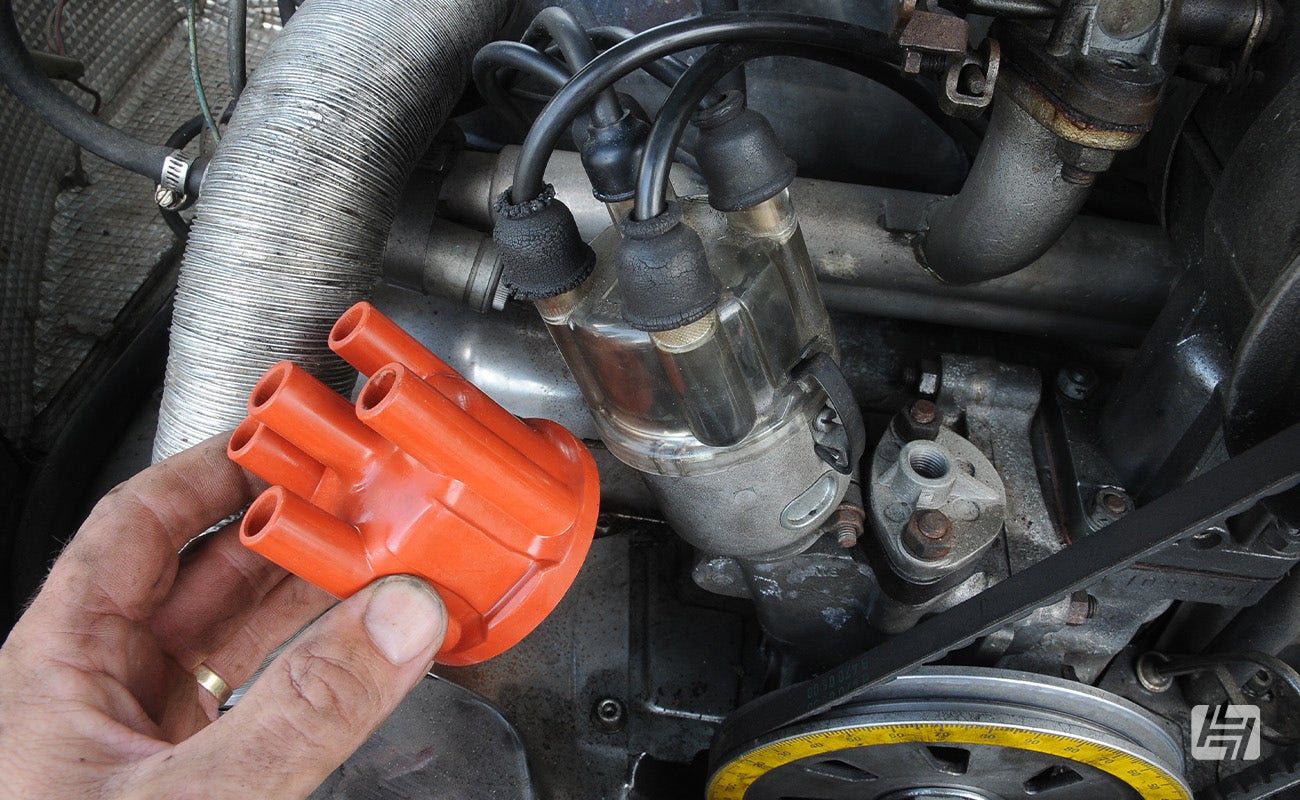

Adjusting your ignition timing
On older cars without an ECU, if your engine's struggling to run smoothly, it could be that the ignition timing's out of kilter. A backfire, or running hot will be a clue that it's not right. On lots of VWs it's something you can easily do yourself once you've consulted the necessary workshop manual. Oh, and on air-cooled cars, valve clearance is critical too – so once the timing's set, climb underneath with a feeler gauge to check those as correct as well.
We have covered the subject of Aircooled VW ignition timing in this article.
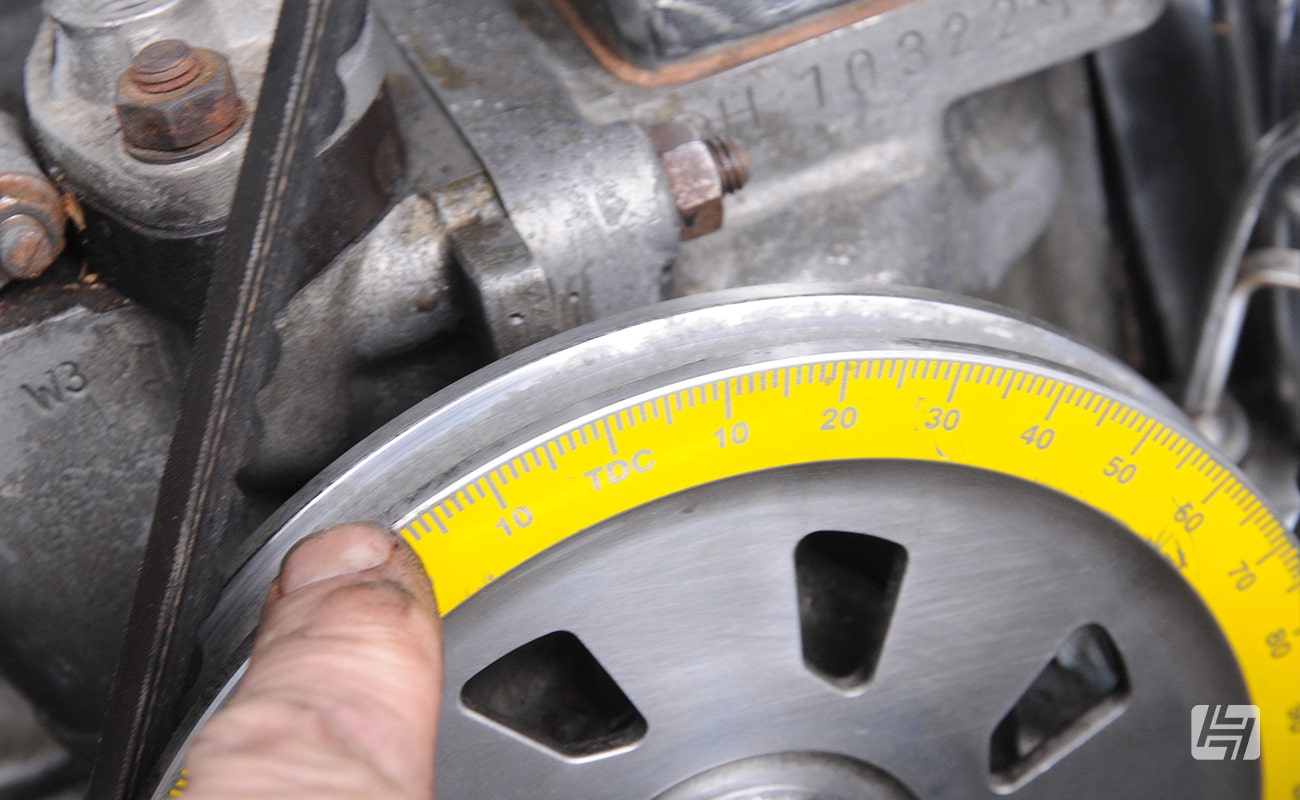

Ensure your air and fuel mixture is correct
Often engine running problems are caused by having the wrong mixture of air and fuel. It could be that there's too much air (so your engine's running too lean) or there's air getting in where it's not supposed to. Adjust your carburettor according to the recommended procedure and inspect any vacuum hoses and inlet manifold gaskets for leaks to improve things. A good tip is to spray WD40 on a suspect gasket to see if the engine speed changes; if it does, there's a leak somewhere. While on the subject of air, on water-cooled cars with an ECU, air flow meters can also be the cause of poor performance, flat spots, excessive smoke and diminished fuel economy. It might not throw up a fault code if it goes wrong, so replace it to see if it makes any difference.


Electronic sensors
Engine running problems and in particular failure to start or idle smoothly, can sometimes be due to faulty engine sensors, most commonly ones that measure oxygen and temperature. A diagnostics check should help identify the culprit, but if that fails it's a case of swapping parts out until the problem is cured. On air-cooled VWs, there is an electronically controlled fuel cut-off valve which prevents the engine from running on when the ignition's turned off. If it becomes faulty, the car can stall or fail to start completely. Fortunately, they're not expensive to replace.
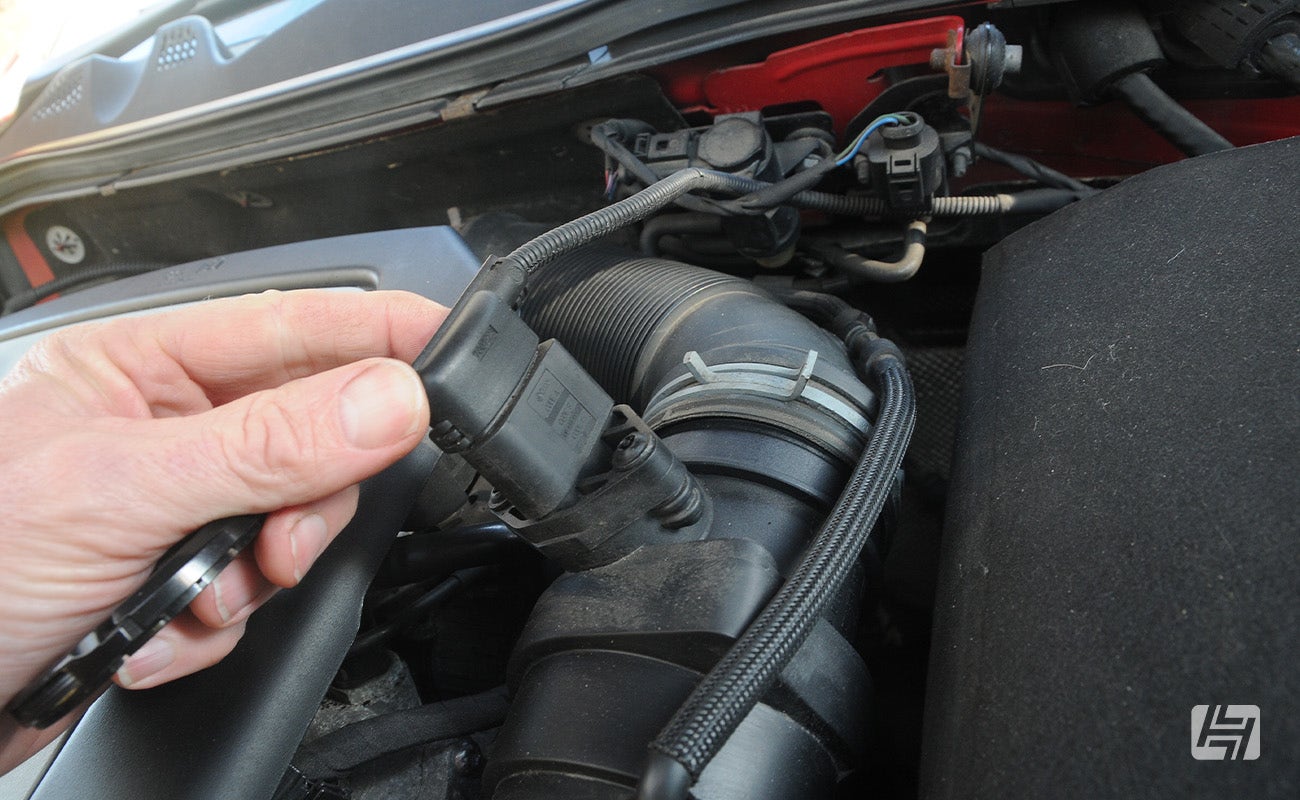

Check the compression
It might be that your engine's feeling a bit low. Low on compression, that is, which will account for its general lethargy or inability to idle. Get a compression test done to rule out burnt valves and the like They are simple to do, and the gauge screws into the spark plug socket to get a reading on each cylinder. A workshop manual should say what the compression should be, but if one is significantly different to the others (more than 20% out) it's likely to be bad news.
Checking fault codes for injector issues
Mostly plaguing later diesel-engined VWs, misfires, erratic running and excessive fuel consumption can sometimes be down to problem injectors. It's tricky determining which injector is to blame, so get a specialist to carry out the necessary investigation. Thankfully, replacement injector's aren't expensive.
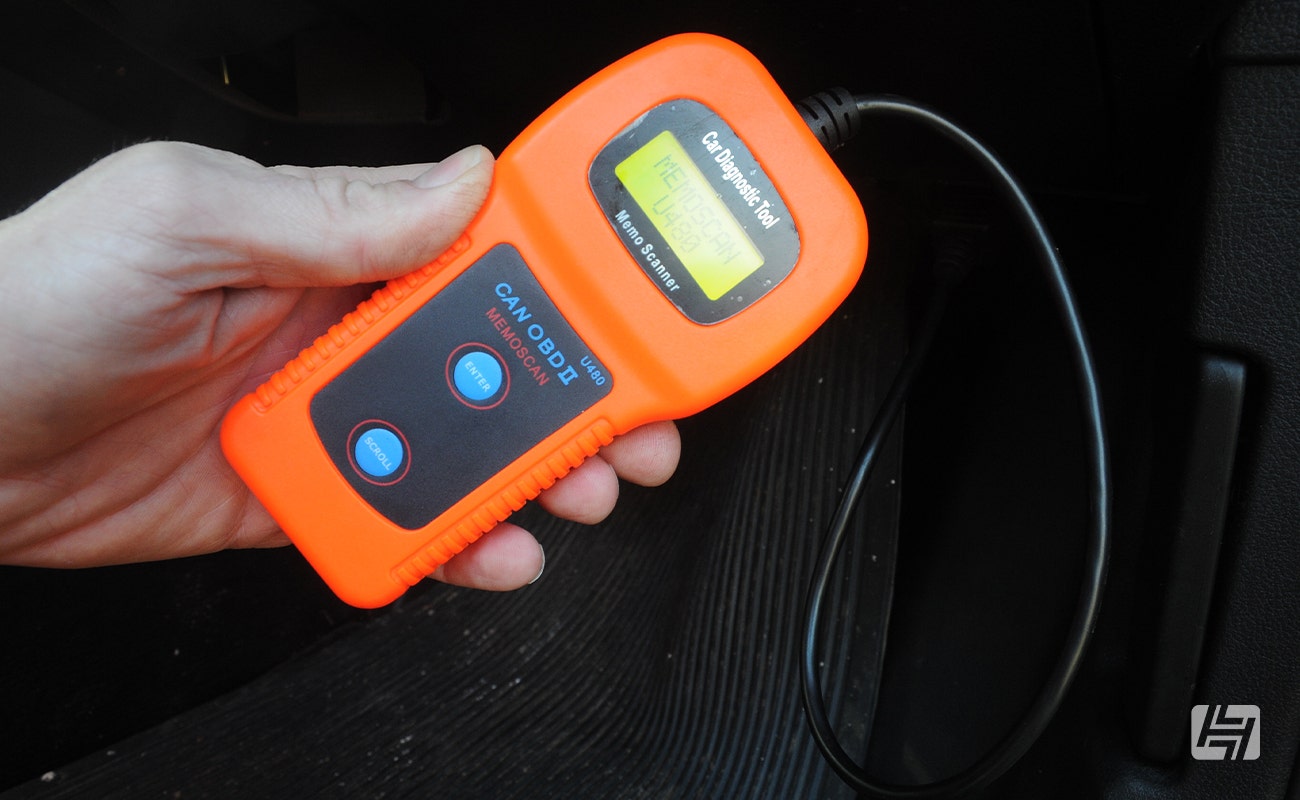

Turbo problems
Finally, VW helped pioneer the use of variable vane turbos on their TDi diesel engines which made traditional turbo 'lag' a thing of the past. However, with age the vanes which control the amount of boost can clog and stick and this can dog performance. Replacement is the best option, but get a specialist to rule out other possible causes before you splash out on a new blower.
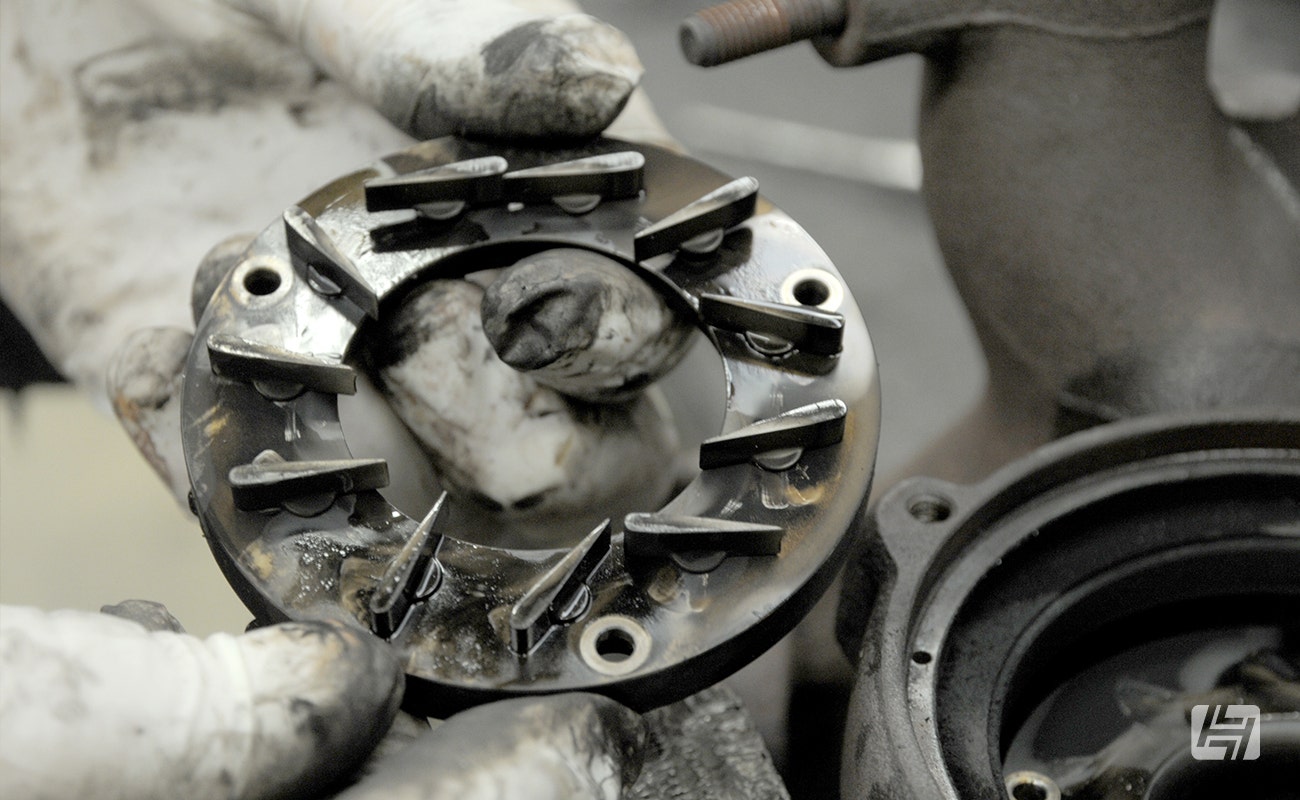

Rest assured, we're painting a picture of the worst scenario here because generally your german car should prove ruggedly reliable. A few tweaks here and there, however, can make the pleasure of owning and driving one even better.
Best of luck.
Ian




 Beetle
Beetle
 Type 2 Bay
Type 2 Bay
 Type 2 Split
Type 2 Split
 Type 25
Type 25
 Transporter T4
Transporter T4
 Transporter T5
Transporter T5
 Golf Mk1
Golf Mk1
 Golf Mk2
Golf Mk2


 911
911
 996
996
 997
997
 986 Boxster
986 Boxster
 987 Boxster
987 Boxster
 912
912
 944
944
 924
924


 Defender
Defender
 Discovery Series 1
Discovery Series 1
 Discovery 2
Discovery 2
 Series 1, 2 & 3
Series 1, 2 & 3
 Freelander
Freelander
 Freelander 2
Freelander 2





